|
6/13/2024 0 Comments Ending the School Year Strong for Students with Learning Disabilities: Celebrating Progress and Nurturing GrowthAs the school year draws to a close, it's an opportune time to reflect on the journey you and your students have embarked on together. For teachers who work with students with learning disabilities, this reflection holds even greater significance. The end of the year presents a chance to celebrate the progress made by your students and to lay the groundwork for continued growth and success. In this blog, we will explore strategies and approaches to effectively end the year with students with learning disabilities, ensuring they feel empowered, accomplished, and supported as they transition to the next grade level. Reflecting on Individual Achievements: Take the time to acknowledge and celebrate the unique accomplishments of each student. Reflect on the goals set at the beginning of the year and the progress made towards achieving them. Provide specific feedback and highlight areas of growth, whether it's improved reading fluency, expanded vocabulary, enhanced comprehension, or increased confidence. Celebrating individual achievements not only boosts self-esteem but also reinforces the value of hard work and dedication. Fostering a Sense of Community: Create a supportive and inclusive classroom environment where students feel safe, accepted, and respected. Encourage peer collaboration and establish opportunities for students to share their experiences and insights. Foster a sense of community by organizing group activities, such as book clubs, where students can engage in meaningful discussions, share their favorite reads, and learn from one another. Celebrate the diversity of learning styles and abilities within your classroom, emphasizing the importance of teamwork and mutual support. THESE are some examples of NO prep end of year activities that keep students engaged while continuing to foster community! AND THESE team building activities are a great resource for your ELA classroom! Engaging in Reflection and Goal Setting: Guide students through the process of self-reflection and goal setting. Encourage them to think about their strengths, areas for improvement, and aspirations for the future. Help them identify specific reading-related goals for the upcoming year, such as reading a certain number of books, exploring different genres, or improving reading comprehension strategies. By involving students in the goal-setting process, you empower them to take ownership of their learning and motivate them to strive for continuous progress. If you had your students set goals for themselves, celebrate the progress they made towards them! THIS end of year reflection activity is an example of this! Providing Summer Reading Recommendations: Suggest a variety of engaging and accessible books for summer reading. Consider their interests, reading levels, and areas for growth when making recommendations. Provide students with a list of titles, along with brief descriptions, to inspire their reading choices. Encourage them to explore different genres, discover new authors, and engage in independent reading for pleasure. Consider hosting a book fair or creating a summer reading challenge to keep students motivated and excited about reading during the break. Collaborating with Families: Maintain open lines of communication with parents and guardians, involving them in the end-of-year process. Share updates on their child's progress, discuss strategies that have been effective, and provide suggestions for supporting reading growth over the summer. Encourage families to create a reading-friendly environment at home, offering resources and tips for incorporating reading activities into their daily routines. Collaborating with families ensures a holistic approach to supporting students' reading development and fosters a strong home-school partnership. And end on some fun! It’s important to keep learning until the last day of the school year, but we also need to recognize that our students are still kids at the end of the school year! So let’s plan for engaging activities that are still meaningful and keep our students learning, like THESE Last Day Blues activities. As you conclude the school year with your students with learning disabilities, remember to celebrate their unique achievements, foster a sense of community, encourage reflection and goal setting, provide summer reading recommendations, and collaborate with families. By implementing these strategies, you will create a positive and supportive end-of-year experience that not only recognizes students' progress but also sets the stage for their ongoing growth. The impact you make as a teacher goes beyond the academic realm; it extends to shaping confident and capable individuals ready to embrace future challenges. Here's to a successful end of the year and a bright future for all your students! Happy & Healthy Teaching! PEACE, Miss Rae Related Blog...
0 Comments
3 Ways to Qualify for Special Education Extended School Year ServicesExtended school year - or ESY as us cool kids like to call it - are special education and related services that are provided to a student with a disability beyond the typical school year. If a student requires ESY, it is added to the student's IEP. But how do we know if a student requires ESY? The need for ESY services must be determined annually on an individual student basis by the student's IEP team. So each year the IEP team should ask - does this student require extended school year services? Students qualify for extended school year services in 3 general areas... emerging skillWhen few, if any, gains are made during the typical school year and a critical skill is in the process of emerging. A team would determine a need for this when they think ESY could help the student make reasonable gains. regression/recoupmentWhen a student is expected to significantly regressed (based upon data taken from before and after extended school breaks) to such an extent and the amount of time required to re-learn skills or behaviors would impact the student's ability to benefit from their Special Education program. You can read more about how to progress monitor students for regression HERE! self-sufficiencyWhen the acquisition of critical life skills that assist in the student's ability to function as independently as possible, are expected to negatively impact the student's ability to benefit from their Special Education program. Grab THIS resource to help you make decisions! By: Miss Rae Related Resource...Related Blogs... |
CategoriesAll 504 Academic Testing Academic Testing Reports Achievement Testing Reports Back To School B/d Reversals Coronavirus COVID-19 Discrepancy Model Distance Learning Distance Learning With LD ELL Emotional Disability Executive Functioning Extended School Year First Year Special Education Teacher Advice Fluid Reasoning FREEBIES Goal Tracking IEP IEP At A Glance IEP Goals IEP Meetings Learning Disability Oral Reading Fluency Positive Affirmations For Special Education Students Progress Monitoring Reading Remote Learning RTI Rubrics Running Records SEL For Learning Disabilities Social Emotional Learning Special Ed Teacher Interview Questions Special Ed Teacher Job Description Special Education Special Education Progress Reports Special Education Reading Special Education Reading Programs Special Education Students Special Education Teachers Special Education Teachers Positive Affirmations Special Education Teacher Tips Special Education Websites Specially Designed Reading Instruction Teaching Strategy Trauma Wilson Reading Wilson Reading IEP Goals Writer's Workshop |







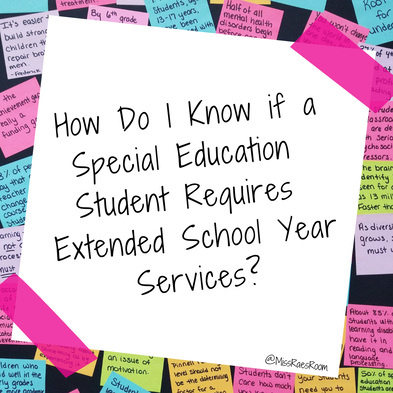
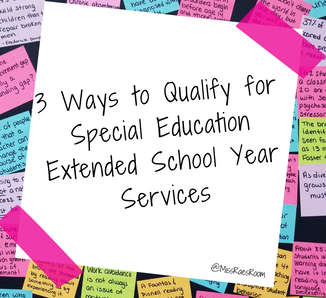
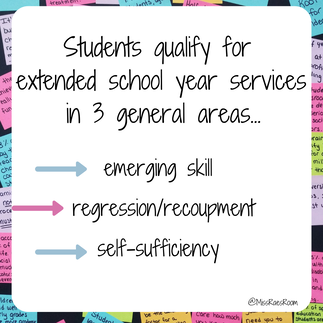
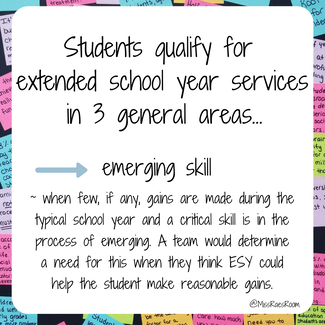
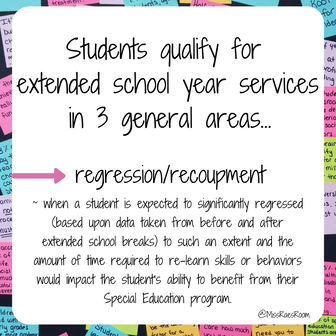
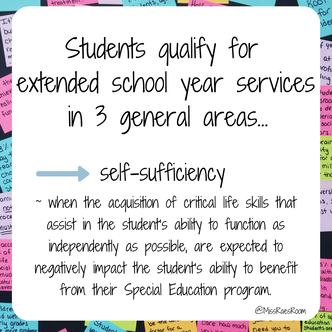
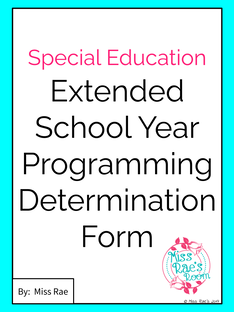
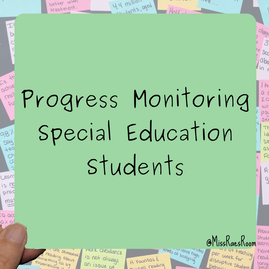
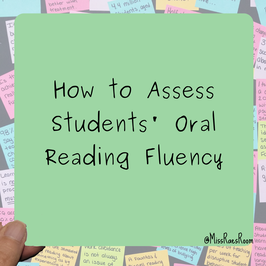
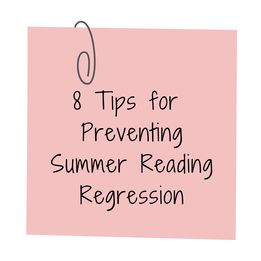
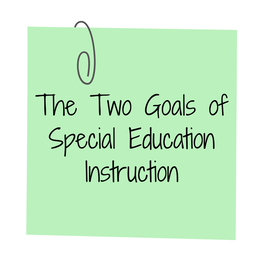
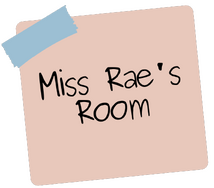
 RSS Feed
RSS Feed